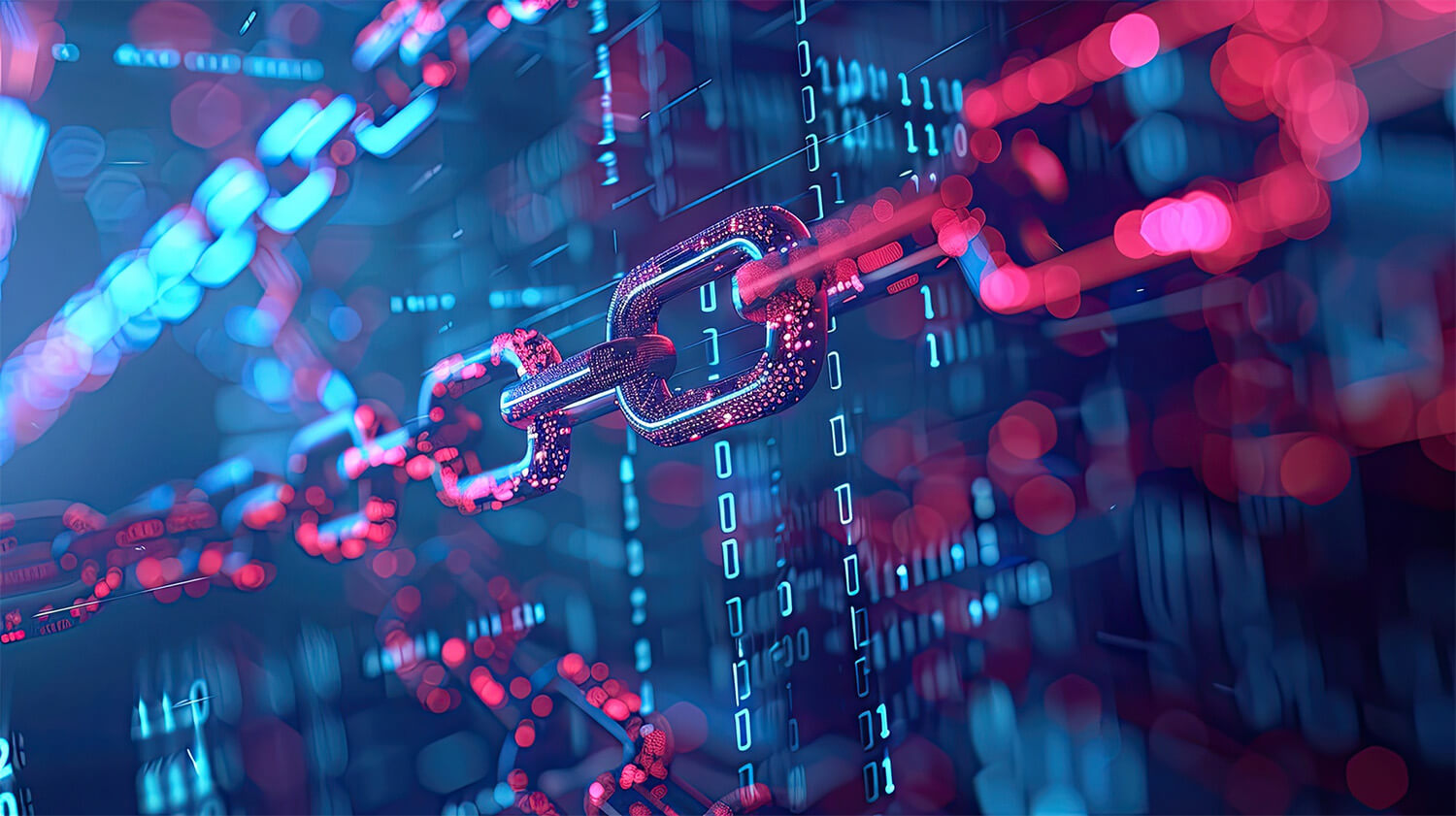



The global order is running on a dated operating system. Built for a post-war world, maintained by Cold War logic, and dominated by a single superpower, it has grown increasingly fragile — and increasingly unfair. The idea that one country, the United States, should lead the world in everything from money to morality has moved from consensus to compulsion.
The world is waking up to the consequences of this imbalance. Currency weaponisation, sanctions-as-foreign-policy, intelligence-led interventions, and monopolised digital platforms have turned what was once “leadership” into something closer to surveillance-enabled sovereignty. The dollar is still the world’s beating heart — and America controls the rhythm.
Which raises a compelling question: what if the next global order wasn’t led by a single country, but by a distributed model — one where power is transparent, shared, and verifiable by design?
Strangely enough, the inspiration may lie in blockchain.
To be clear, no one is suggesting we mint a planetary token or settle UN debates on Ethereum. But blockchain — the underlying philosophy of decentralisation, consensus, and transparency — may offer exactly what global politics needs and sorely lacks.
At its core, blockchain is not about money. It’s about trust without intermediaries. It replaces the need for powerful gatekeepers with a shared ledger where everyone sees the same version of the truth. No single node — or nation — can fudge the record.
Apply this logic to global power and things get interesting.
Start with the financial system. The dollar isn’t just a currency — it’s a control mechanism. The US can freeze reserves, exclude countries from the SWIFT system, or use regulatory pressure to chase fines across borders. Ask Iran. Or Russia. Or even European banks fined for violating American secondary sanctions.
A blockchain-inspired global monetary framework wouldn’t hand this kind of power to any one actor. It would use asset-backed digital currencies or multicurrency baskets — programmable, transparent, and immune to political moods. India’s UPI diplomacy, China’s Digital Yuan, and the BRICS+ reserve currency plans are early tremors in this direction.
Decentralised finance may not dethrone the dollar overnight — but it could ensure that trade doesn’t stop just because Washington disapproves.
Then there’s global security. The UN Security Council — with its five veto-wielding permanent members — has long looked like a 1945 snapshot trapped in amber. These five nations decide who is a threat, who gets bombed, and who gets a peacekeeping mission. Everyone else watches.
Now imagine a world where regional blocs — say, an ASEAN-led Indo-Pacific security protocol or an African Union-based peacekeeping smart treaty — collaborate via a consensus ledger, with conditions coded in. No permanent vetoes. No power politics masquerading as humanitarianism. Just recorded, auditable commitments that trigger based on verifiable outcomes.
Think less NATO, more programmable neutrality.
Diplomacy today often runs on ambiguity. Treaties are inked with lofty language and broken with little consequence. Climate goals, trade rules, and even ceasefires live in a twilight zone of polite dishonesty.
But what if treaties operated like smart contracts — conditions coded in advance, outcomes monitored in real-time, and enforcement automatic? Climate aid disbursed only when targets are met. Sanctions lifted once compliance is verified. Election monitors released only if access is granted — not on handshakes.
You don’t need to trust the other country. You just need to trust the code.
Of course, power doesn’t surrender easily. The US — and to some extent China — have no interest in replacing their throne with a roundtable. Global trust is also in short supply: China’s opacity, America’s overreach, and Europe’s inertia have made even allies wary. Add to that technological disparities, cybersecurity risks, and the plain fact that someone writes code — and bias can live in algorithms too.
But the current system is no longer legitimate. The UN is often ignored. The IMF enforces discipline for some, leniency for others. The dollar rewards obedience and punishes autonomy. And even well-meaning countries find themselves stuck in a system that amplifies the strongest — and silences the rest.
Blockchain, if nothing else, asks a powerful question: why not redesign the rules so that no one can cheat, and no one can rule unchecked?
The blockchain model won’t save the world. But it offers something no existing model does: a governance framework based on verification, not virtue. And that, in a world losing faith in institutions and intermediaries, may be the only kind of leadership we can still believe in.
If the last century was run by empires, perhaps the next can be run by ledgers. Not the cold logic of computers — but the shared clarity of consensus.
A world where trust is distributed, and truth is co-authored.